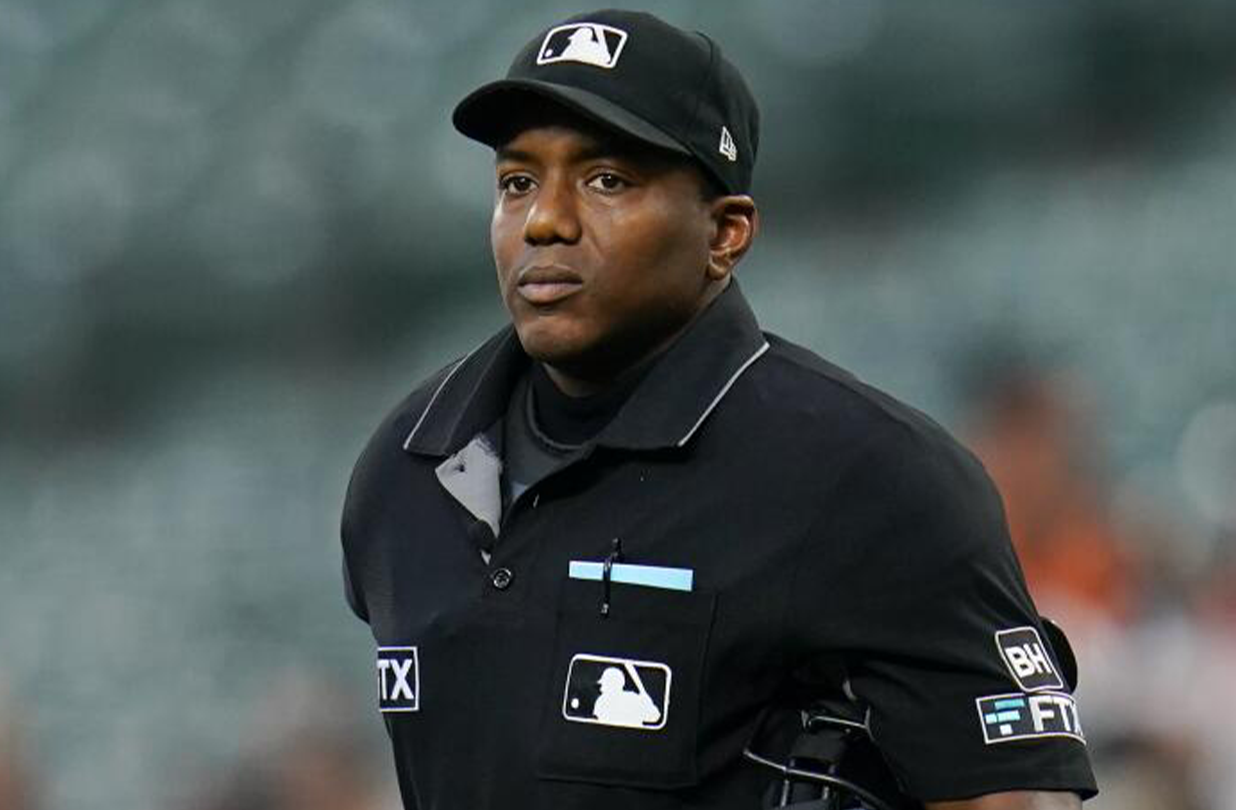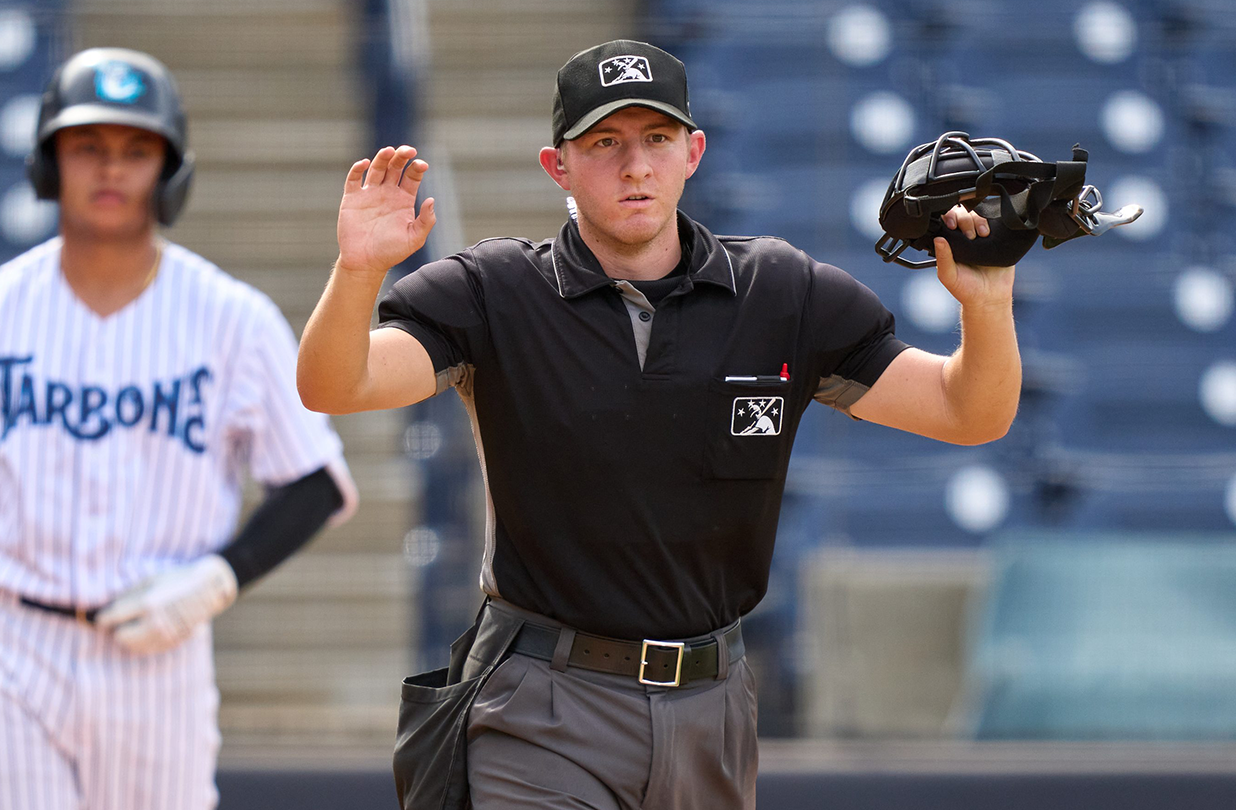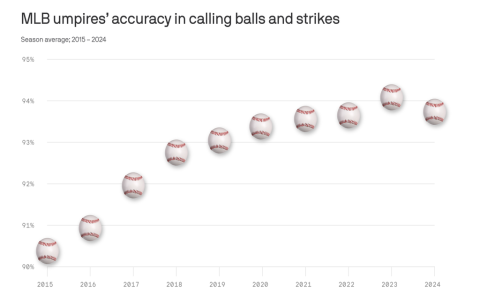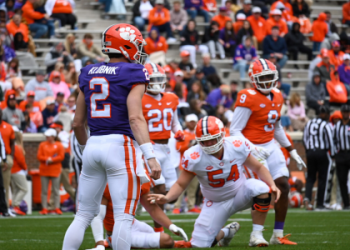Okay, so I got curious the other day about something kinda specific. I was watching a ballgame, you know, and there was one of those close calls at the plate. Everybody’s yelling, manager’s out arguing, the whole nine yards. And it just got me thinking, what’s the deal with these umpires? Like, what do they actually pull in for standing out there taking all that heat?

So, I did what most folks do, I started digging around online a bit. Just typed in stuff like “mlb umpire salary” or “how much baseball umpires make”. Pretty basic stuff.
First thing I found was a pretty wide range. It looks like the guys just starting out, the rookies, they’re making somewhere around $110,000 a year. Not bad, right? But then you see the other end of the scale. The real veterans, the umps who’ve been doing it for decades, they can pull in over $400,000, maybe even closer to $430,000 or more. That’s a big jump.
Digging a Bit More
But that wasn’t the whole picture, I figured. There’s gotta be more to it than just the base salary. So, I kept looking.
Turns out, they get a pretty decent daily allowance, what they call per diem, for when they’re on the road. Covers food, maybe laundry, that kind of stuff. And think about it, these guys are travelling constantly during the season. That adds up.
Then there are the other perks you’d expect with a big league job:

- Good benefits, like health insurance.
- Travel expenses are obviously covered – flights, hotels.
- They get vacation time too, built into the season schedule.
Something else I found interesting was how you even get there. It’s not like you just apply. There’s umpire school, years working your way up through the minor leagues, hoping to get noticed and called up. It takes a long time and a lot of dedication. Most don’t make it to the big show. So those salaries, especially at the top end, reflect years and years of grinding it out in small towns before getting the call.
And I read somewhere they have a strong union, the Major League Baseball Umpires Association (MLBUA). They negotiate the contracts, the pay scale, benefits, working conditions. So the pay structure is pretty set based on experience and years of service.
Postseason Payday
Oh, and get this – the regular season pay is one thing. If an umpire gets selected to work the playoffs, like the Division Series, Championship Series, or especially the World Series, that’s extra money in their pocket. That’s like a bonus for being one of the best and most consistent during the year. I couldn’t find exact figures easily for that, but you know it’s gotta be a nice chunk of change for those high-pressure games.
So yeah, I started just being curious during a game, did some searching around, and pieced together a better idea. It’s a tough job, lots of pressure, lots of travel, and you gotta be really, really good for a long time to make it. The pay seems to reflect that, starting decent and getting really good for the experienced guys, plus all the travel and benefits covered. Pretty interesting stuff when you actually look into it.





